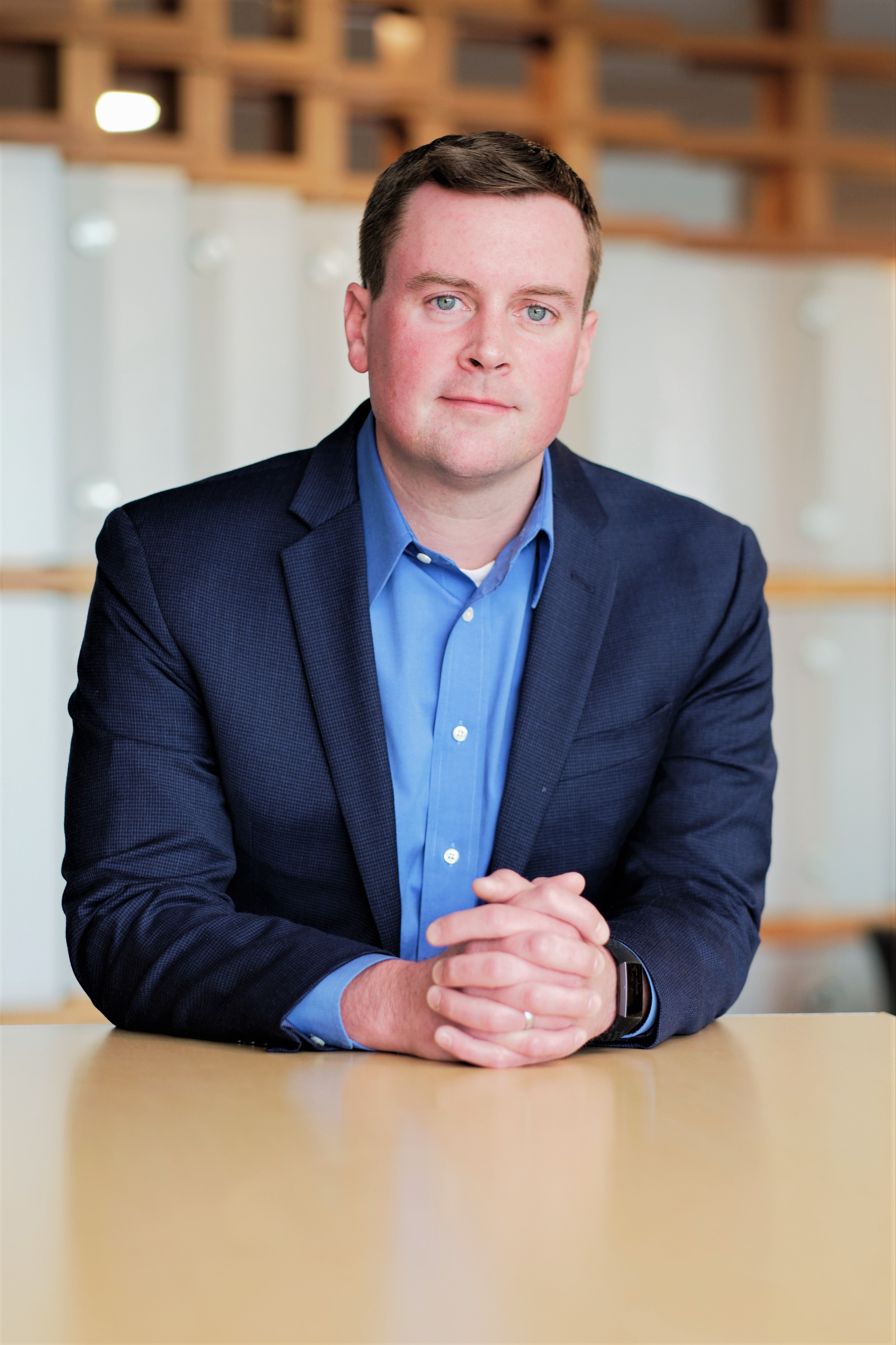Q + A with Christopher Erwin
Dr Christopher Erwin joined NZWRI in 2018 as a Research Fellow after completing his PhD studies at the University of New Mexico. When asking Chris to fill in the blanks: "Economics is ___, ___, and ___", here's what he said:
Economics is a field that demands persistence, thick skin, and a lot of patience.
(1) When and why did you decide that you wanted a career in economics?
I was an undeclared undergraduate student in Arizona State University's School of Business. I was 17 years old and it was my first time living away from Seattle, my hometown. I knew I wanted to study business but wasn't sure whether I would focus on finance, economics, or supply chain management, etc. Then I took my first course in economics. It was with Dr Stephen Happel, who ultimately ended up supervising my honours thesis. His introductory macroeconomics class was inspiring, engaging and thought-provoking. He taught us that economics wasn't just a discipline, but a rigorous way of thinking and approaching problems. I was hooked.
(2) Describe one of your recent research projects.
I currently have a paper under review which examines whether college graduates in the United States are penalised for taking longer to complete school. This could be expected if employers interpret lengthened time to degree as a signal of poor productivity. We develop a model of human capital that shows under which conditions students prefer a longer, non-traditional path to degree completion over the traditional four-year plan. The preferred path depends on risk preferences, the returns to college, the direct cost of school, and the opportunity cost of attending college. Using restricted data from the United States Department of Education, we test for early-career wage penalties associated with longer time to degree.
(3) Describe the key results/main findings.
After accounting for the endogeneity of time to degree in the wage equation, we are unable to find any evidence that taking longer to complete college results in lower early-career wages. This result (in addition to our model of human capital which shows that rational, utility-maximising students may prefer a longer path to a college degree) suggests that concerns over lengthened time to degree in the United States may be misplaced.
(4) What makes this research impactful?
This research is timely and policy relevant. Several states and university systems are introducing policies which penalise students that do not remain on track to complete college in the 'normal' time of four years. These policies increase costs for students not staying on the traditional trajectory for earning a college degree. We argue that such policies may decrease the chances of completing college at all, especially for students who work during high school.
(5) What do you enjoy doing in your spare time?
I am passionate about technical canyoning, which involves climbing, abseiling, jumping, and swimming down slot canyons. The sport takes you through some incredible places that very few people ever get to experience. The bonding that occurs in a team when you're responsible for each other's lives is very rewarding. Canyoning is not without its costs, however - sprains, breaks, aches, and tears - so it's common to see me hobbling around the office nursing some sort of injury. Beyond canyons, I enjoy cooking with my lovely wife Sara - especially any recipe out of Julia Child's Mastering the Art of French Cooking.

Further information
To find out more about Christopher Erwin, his extended research expertise and academic career, please visit his academic profile.